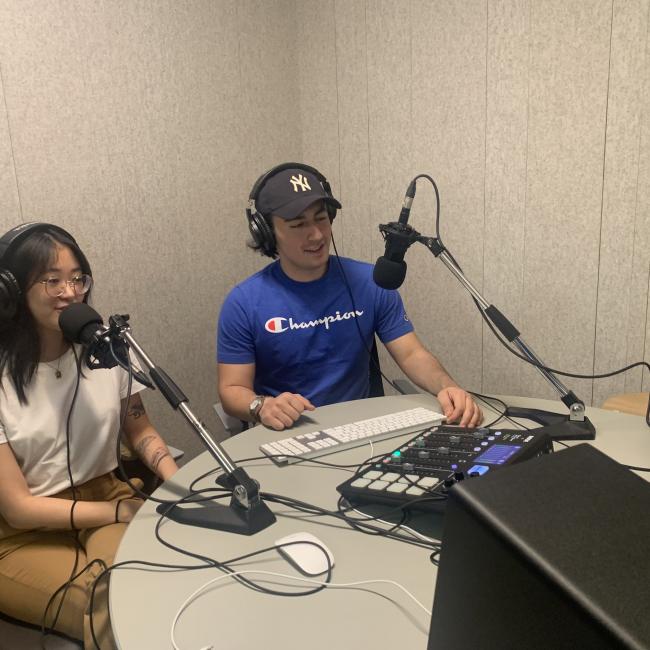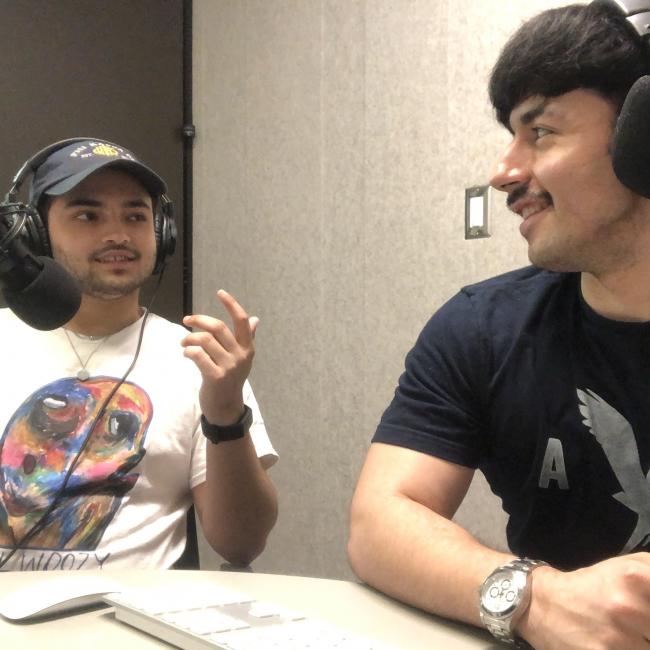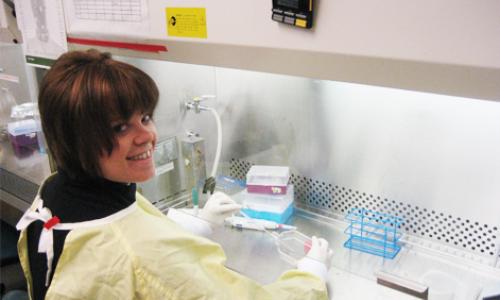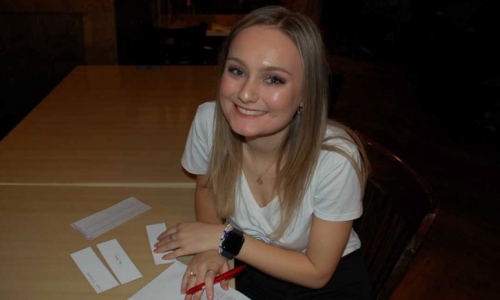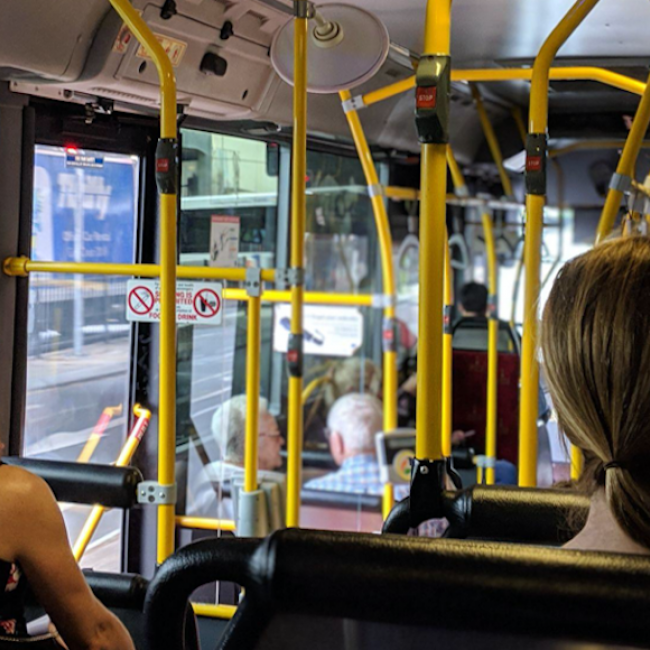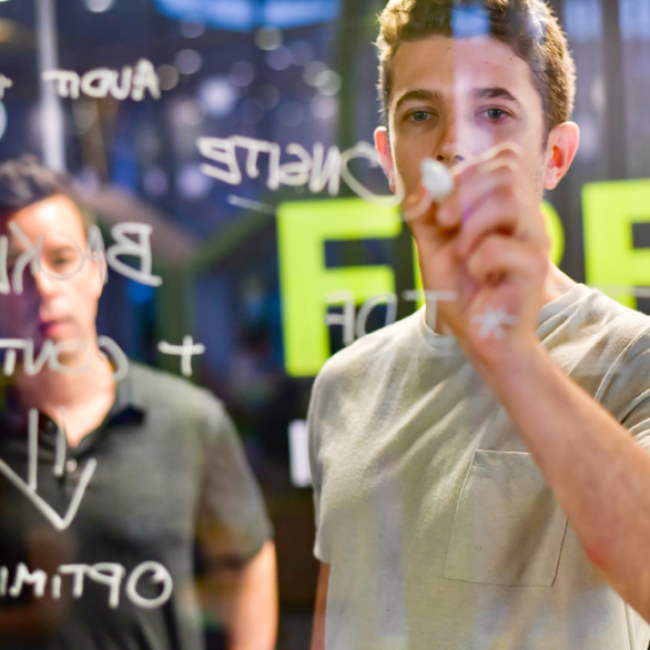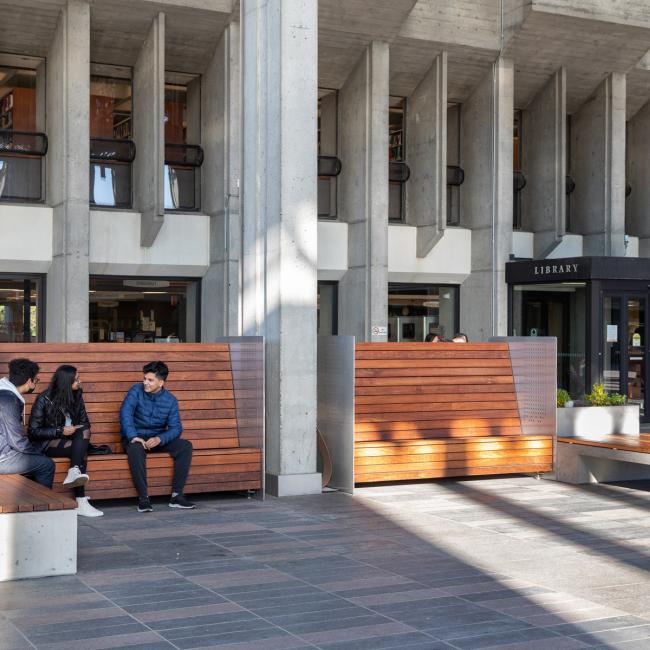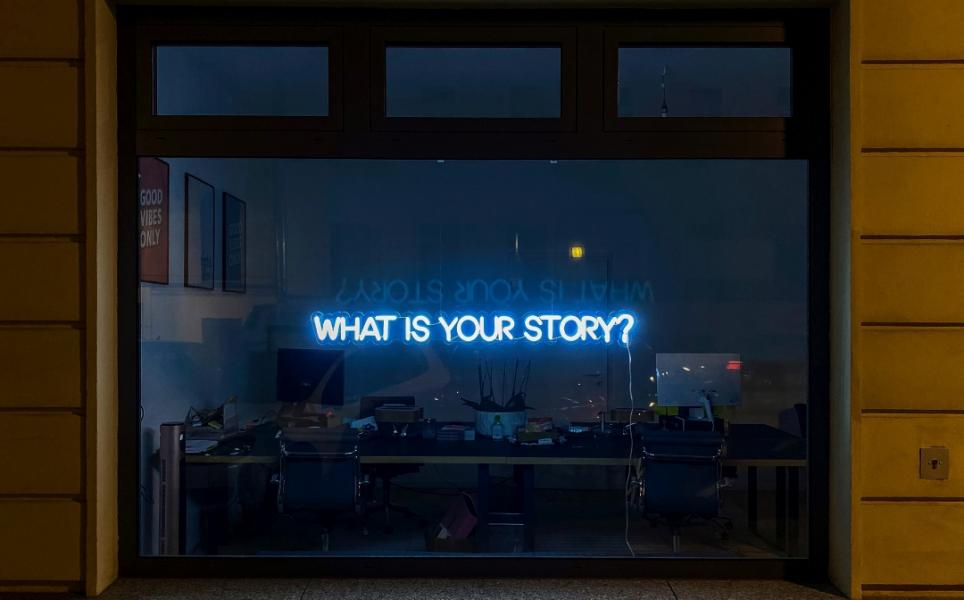
As one of SFU’s newest programs, the Creative Writing Minor is uncharted territory for many aspiring student writers. Originally a single course with a certificate, the minor program comprises of several courses that aim to hone students’ writing skills and unique voices with the core four courses being (ENGL 272) Creative Reading, (ENGL 372) Creative Writing: Poetry, (ENGL 374) Creative Writing: Fiction, and (ENGL 472) Advanced Creative Writing. These courses build the foundation blocks of effective writing through theory, practice, and discussion of writing. Many people may think that the process to improve your writing skills is as straightforward as just simply writing more, but there’s a lot more to writing than meets the eye. These courses deepened my understanding of what it takes to make impactful writing, and many of these lessons can be applied to other areas of life.
Make Time to Write
One of the first tips I received was to make time for writing each day, even just for a little bit. Most of the time, writers wait for the perfect moment when inspiration strikes, then suddenly a masterpiece becomes clear to them. It’s true that you only get better through practicing a skill, and while writing uninspired may seem like a hassle, it’s in these mundane moments wherein you find your best work sometimes. Pushing yourself to do the hard work even though you may not feel like it is the difference between simply making it and genuine improvement.
Expose Yourself to Different Writing Styles
Another good way to improve one’s writing skills is to read the works of others. A lot of writers tend to put themselves in a bubble of comfortability, with texts that affirm one’s preconceptions of writing. But there is real merit to exposing yourself to works that you are not particularly interested in or have previously had a hard time comprehending. Being open to these experiences, learning from them and applying them to your writing is crucial to one’s development as a writer, as it fleshes out many of your personal blind spots. It’s often said that good writers borrow, and great artists steal, and while plagiarism is wrong, there is a merit to emulating a style you are not comfortable with.
Engage in Thoughtful Peer Reviews
The exercise of being open to other people’s writing isn’t limited to the work of established authors. I believe the greatest lesson I learned in my courses was to have an appreciation of my classmates’ work. Everyone in these classes is there to learn how to become a better writer, and thus also have different backgrounds and experiences which define the way they write.
Regardless of aptitude for the medium, there is a value to analyzing your classmate’s work, as your peers may be just as motivated to become an excellent writer as you are. As much written text as there is today, the chances that someone will invent something new and original are just as rare. Even if their work isn’t something as drastic as a mind-blowing idea, seeing writing through the lens of your peers can be inspirational.
While these lessons pertain to writing, they can be translated to practical life advice: Push through the mundanity, find inspiration through your classmates' work, and don’t be afraid to reach to your peers. By doing these things, the Creative Writing Program not only allowed me to improve my skills, but it allowed me to tackle life with different perspectives.










